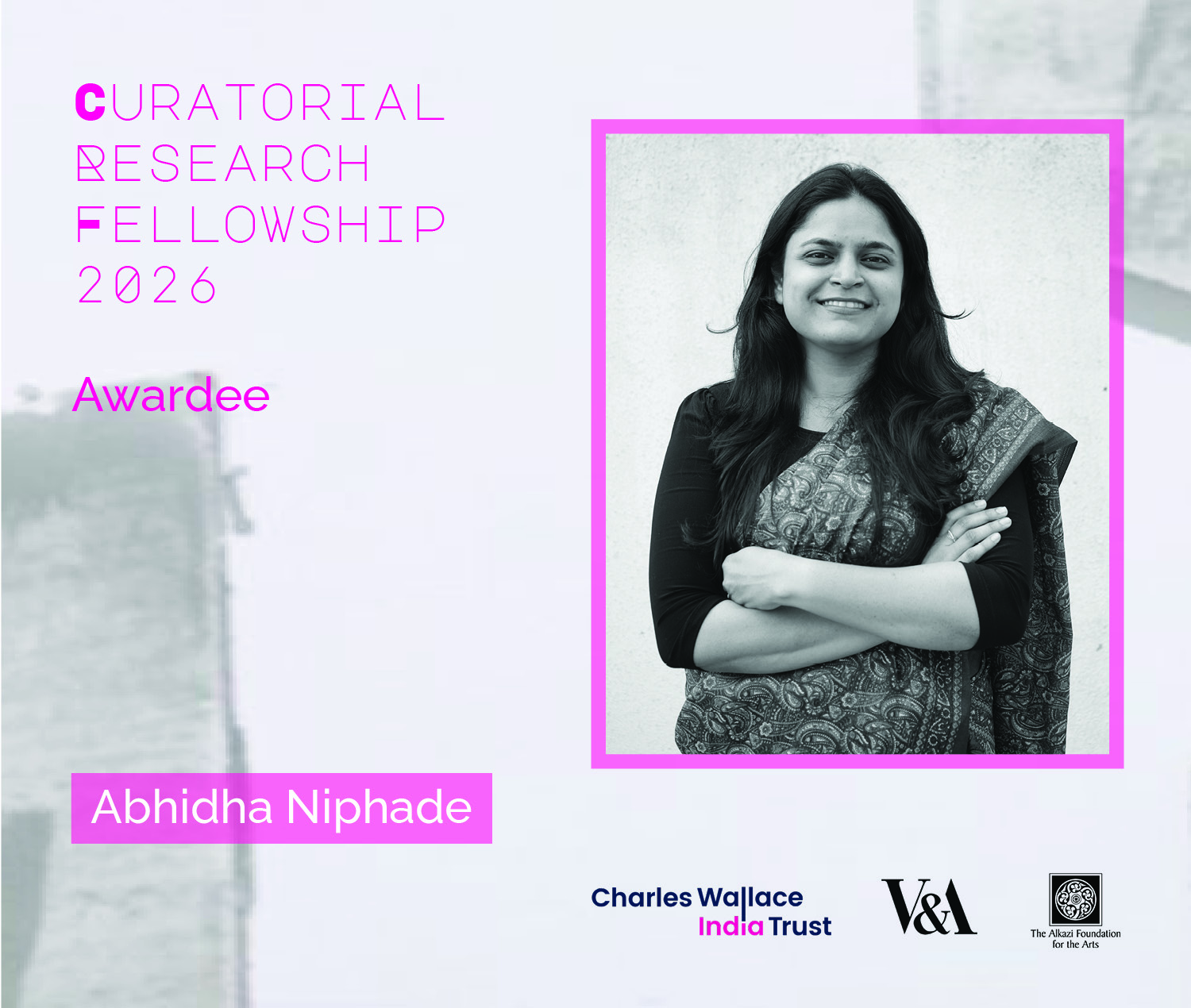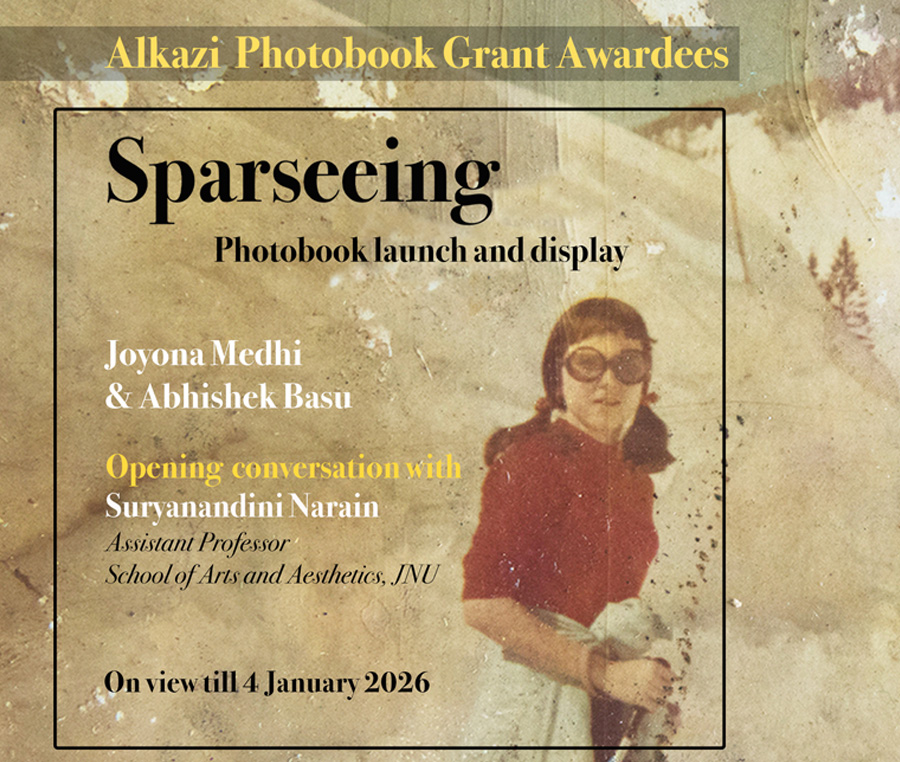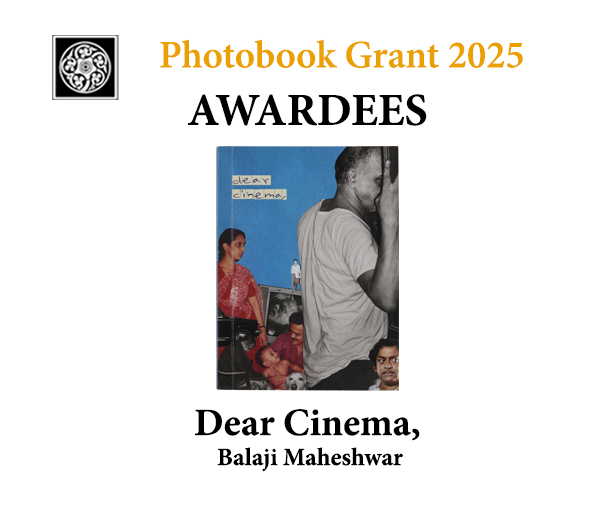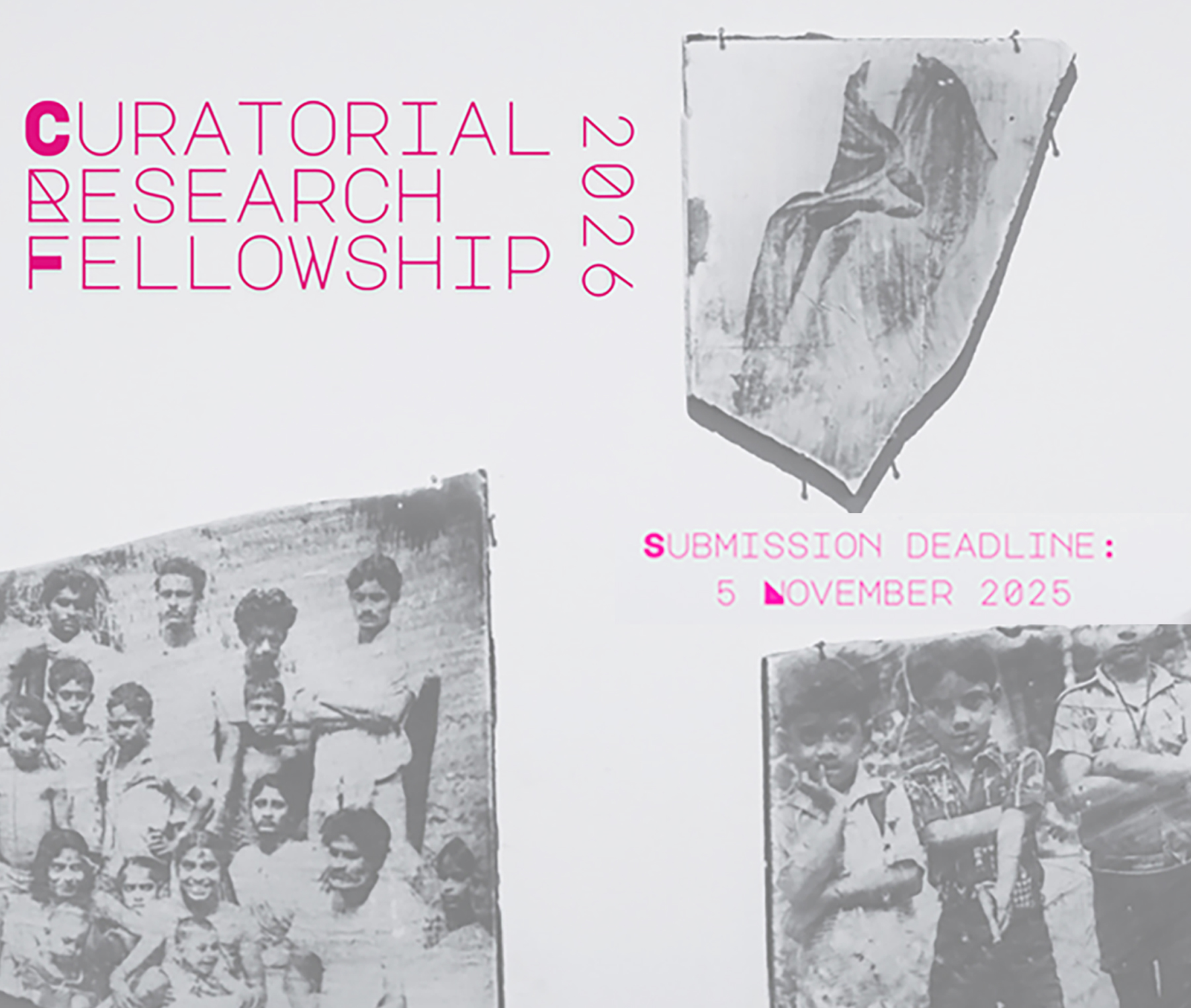Open Monday to Friday. 10 am to 6 pm. By Appointment only.
+91-11-41437426 / 7427
The Alkazi Foundation for the Arts (AFA) is a Registered Charitable Trust in New Delhi (India), dedicated to the preservation and study of the cultural history of India. Ebrahim Alkazi, the Foundation’s Chairman and Director, has amassed a private collection of 19th- century photographs, the Alkazi Collection of Photography (ACP) as well as materials relating to post-Independence theatre in India, the Alkazi Theatre Archives (ATA). Both the collections are housed at the AFA, which carries out research on these extensive holdings in preparation for a continuing series of scholarly publications and exhibitions.
Read MoreThe Alkazi Collection of Photography (ACP) is a privately owned archive consisting of more than 1 lakh nineteenth and early twentieth-century photographs from India, Burma, Sri Lanka, Nepal, Tibet, Afghanistan, China and Japan. The core of the Collection comprises works in the form of photographic albums, single prints, paper negatives and glass-plate negatives, painted photographs and photo-postcards. The Collection is particularly strong in areas such as archaeology, architectural history, the urban development of colonial cities, military studies, Princely India, anthropological studies of the people of South Asia, as well as landscape and topographical views. Some of the prominent photographers featured in the collection include Dr. John Murray, Felice Beato, Linnaeus Tripe, Alexander Greenlaw, Samuel Bourne, John Edward Saché and Raja Deen Dayal among others.
Read MoreThe Alkazi Theatre Archives (ATA) is a privately-owned collection, which includes photographs and print materials in the form of original scripts, director’s notes, brochures, reviews, seminar papers, theatre magazines and audio-visual material including interviews, rehearsals, and performances. While the archive will pose productions and practitioners in terms of their own biography as well as in the contexts of other productions of the same time and create casebooks for productions, it will also contextualize productions within broader social, cultural and political histories. Can theatre be considered a lens through which history can be read? Linking theatre and history is to consider artistic practice as a methodology and a tool.
Read More













